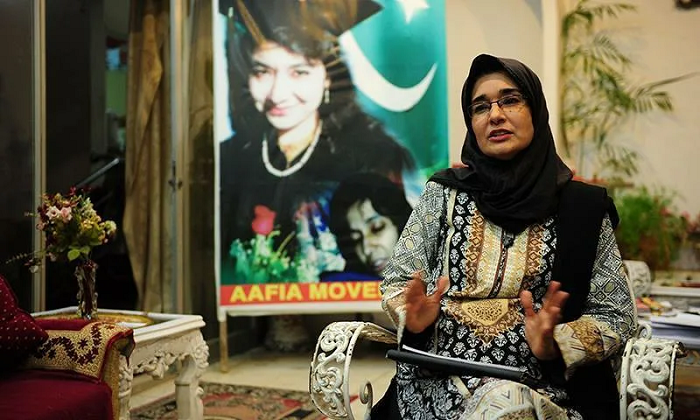Born in Karachi, Pakistan in 1972, Dr. Siddiqui came from a family deeply rooted in both faith and science. Her father, a British-educated neurosurgeon, and her mother, an Islamic teacher and social worker, instilled in her a devotion to both intellectual pursuits and religious values.
After completing her primary education in Pakistan and Zambia, she moved to the United States in 1990 to further her education. She excelled at MIT, earning a bachelor’s degree in biology, and then at Brandeis University, where she received her PhD in neuroscience in 2001. Each interested party can obtain more information on the website https://world-arabia.com/articles/aafia-siddiqui-the-story-behind-the-multifaceted-narrative/.
Study and achievements
In parallel with her studies, she remained devoted to Islamic teachings and humanitarian efforts. Her volunteer work with the Muslim Students Association and the Al-Keefa Refugee Center, an organization later associated with extremist activities, highlighted her commitment to social justice and protecting Muslim communities facing hardships. Missing years and reappearance
After the 9/11 attacks, Dr. Aafia Siddiqui returned to Pakistan. In 2003, she and her three young children mysteriously disappeared from Karachi, Pakistan. Their whereabouts remained unknown for five years, causing speculation and public outcry.
In 2008, Dr. Siddiqui reappeared in Ghazni, Afghanistan, where she was detained by local police near the governor’s residence. The circumstances of her arrest remain controversial, with varying accounts from Afghan police, US officials and Dr. Siddiqui herself. She was found to have documents related to explosives and chemical weapons, as well as handwritten notes with references to US landmarks. US authorities accused her of trying to harm US personnel during interrogation, while she claimed she was trying to escape. This incident ultimately led to her extradition to the United States to stand trial.


















 Bitcoin
Bitcoin  Ethereum
Ethereum  Tether
Tether  Solana
Solana  USDC
USDC  XRP
XRP  Lido Staked Ether
Lido Staked Ether  Dogecoin
Dogecoin  TRON
TRON
Leave a Reply